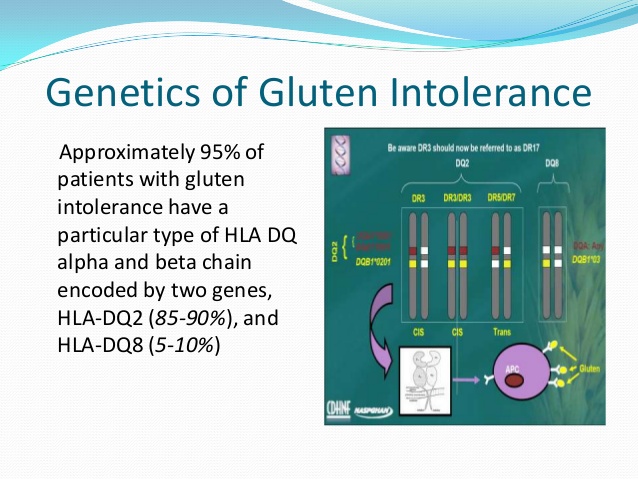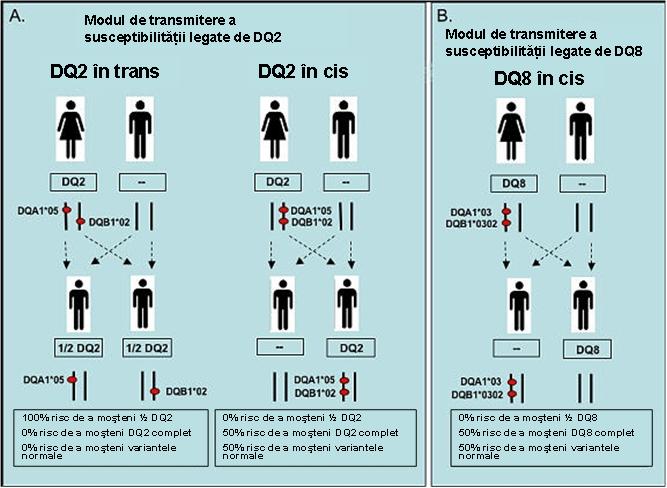Risk Factors for the Development of Celiac Disease in Children
 WASHINGTON — Daniel A. Leffler, MD, MS, director of research for The Celiac Center at Beth Israel Deaconess Medical Center in Boston, discusses the session he moderated on risk factors for development of childhood celiac disease (CD) during Digestive Diseases Week 2015 in Washington, DC.
WASHINGTON — Daniel A. Leffler, MD, MS, director of research for The Celiac Center at Beth Israel Deaconess Medical Center in Boston, discusses the session he moderated on risk factors for development of childhood celiac disease (CD) during Digestive Diseases Week 2015 in Washington, DC.
“Genetic testing can play a very important role in risk stratification in children,” Leffler said. “Beyond that, however, we don’t have much to tell our patients and the parents of our patients about what they can do to modulate their risk of having CD.”
Not only are medical experts invested in taking care of celiac disease patients, they are keen to modulate the risks of developing celiac disease or quite possibly, preventing the disease entirely.
More than in the disorders of inflammatory bowel disease or autoimmune hepatitis, current research has benefitted from epidemiological studies that took place in Sweden, Scandinavia and in Denver. Factors that were potentially modifiable in childhood that could change the risk of developing CD were thought to be the timing of gluten exposure and persistence of breast feeding during the time of gluten exposure.
 Based on very good epidemiological data, it was thought that by introducing gluten early – before three months – one had a much higher risk of developing early onset CD and that breast feeding during the time of gluten exposure was protective for developing CD.
Based on very good epidemiological data, it was thought that by introducing gluten early – before three months – one had a much higher risk of developing early onset CD and that breast feeding during the time of gluten exposure was protective for developing CD.
However, that story has become much more complicated, making it more difficult for clinicians to know what to tell their patients. In the last year, two large, randomized controlled trials came out of Italy and the EU, showing that there really was no difference in celiac disease incidence between starting gluten at age six months or starting at 12 months. No protective effect with breastfeeding was found with either age group.
We still believe that early onset gluten exposure to gluten – before three month is not a good idea but what we are finding that the most important factor in ‘at risk kids’ – kids with a family history of celiac disease – the most important factor is their genes.

Whether they have two copies of HLA-DQ2, one copy of HLA-DQ2 or whether they have HLA-DQ8, those all change the risk, with the highest risk being the children with a double copy of HLA-DQ2. Genes are major considerations when calculating a child’s risk of developing the disease.

Beyond that, we really cannot advise parents on how to modulate the risk of developing celiac disease other than testing for the disease. We really don’t know the perfect time for introducing gluten.”
Excerpted from Healio.com














